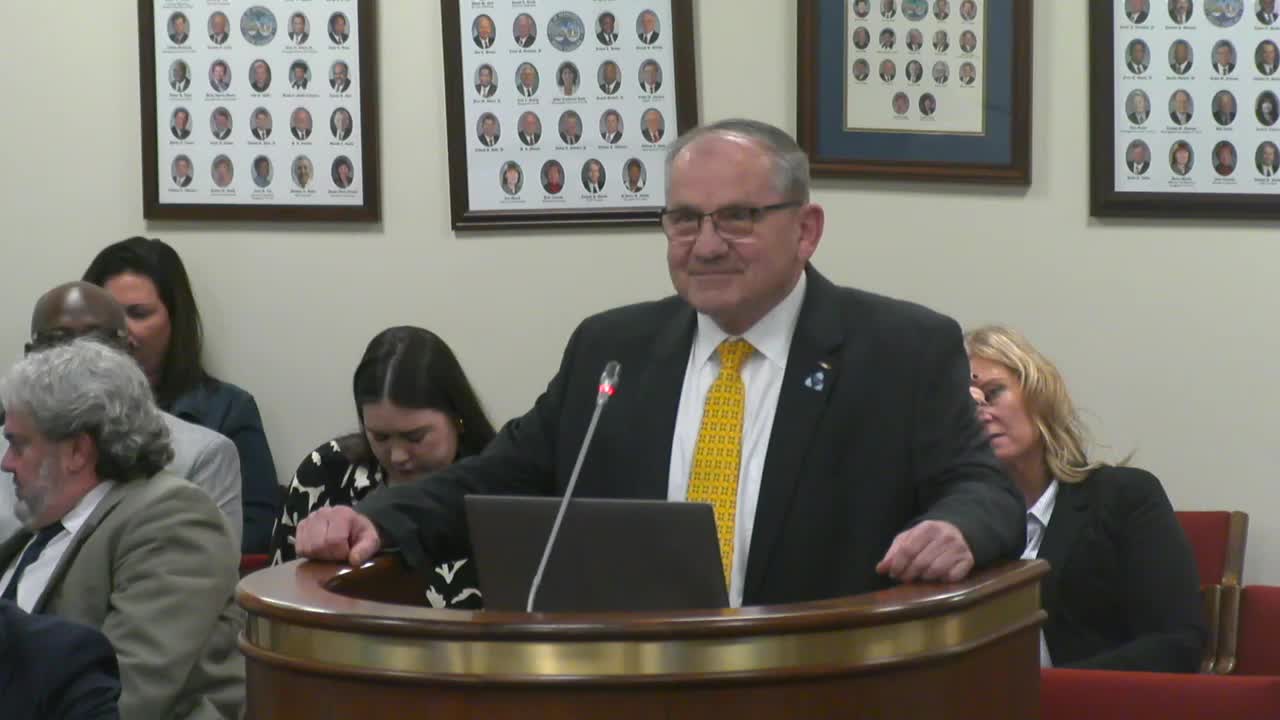DMV director urges modernization, warns of staffing shortfalls and Real ID deadline impacts
Get AI-powered insights, summaries, and transcripts
Subscribe
Summary
Kevin Shweto, director of the South Carolina DMV, told the House committee the agency needs a modernization investment (cited at about $100 million) and described workforce turnover, Real ID uptake and public-safety concerns tied to licensing and highway enforcement.
Kevin Shweto, executive director of the South Carolina Department of Motor Vehicles, told the House Education and Public Works Committee that the DMV faces a persistent staffing and modernization gap that threatens service levels and state operations.
“We are the department of identity. Everything starts with identifying people,” Shweto said, describing the DMV’s role in titling, registration, identity verification and federal Real ID compliance.
Shweto said the state population has grown from about 4 million to 5.3 million during his tenure and that the agency has not received commensurate staffing increases. He provided workforce figures: roughly 1,500 DMV employees statewide, about an 800‑employee cohort several years earlier who saw hourly or base pay increases from roughly $22,000 to $33,000 after legislative action, and a current annual turnover he characterized as about 33 percent. He described a workforce that is predominantly female (87 percent) and with a significant share of single‑parent households.
Modernization need and cost: Shweto said the DMV operates an aging back‑office system (identified in the presentation as Phoenix, with COBOL code) that must be replaced to avoid systemic outages and to enable modern services (including mobile driver’s licenses and centralized issuance). He described a ballpark modernization cost of about $100 million and warned that failed modernization efforts in other states show risks in vendor selection. He said the system outages have cascading effects for law enforcement, identity services and other state operations.
Real ID compliance: Shweto urged constituents to obtain Real ID credentials and said about 60 percent of South Carolinians currently have a Real ID. He warned that federal Real ID rules will restrict air travel and access to federal facilities for those without compliant credentials starting in July of the indicated year.
Other items cited: Shweto described DUI volumes (about 25,000 first‑time DUI arrests in an average year), argued that state DUI laws contribute to recidivism and called for stronger enforcement tools, and announced a plan for centralized issuance of secure cards and later mobile credentials to reduce fraud and issuance vulnerabilities.
Committee reaction and next steps: members thanked the director for the overview and asked follow‑up questions about modernization funding, use of DMV fees and possible transfer of functions (for example, titling of boats). Shweto said he will work with members on details and urged legislative support for modernization funding.
Ending: lawmakers agreed to continue discussions about DMV modernization and staffing; Shweto reiterated that DMV staff are available to answer legislators’ constituent questions directly.
